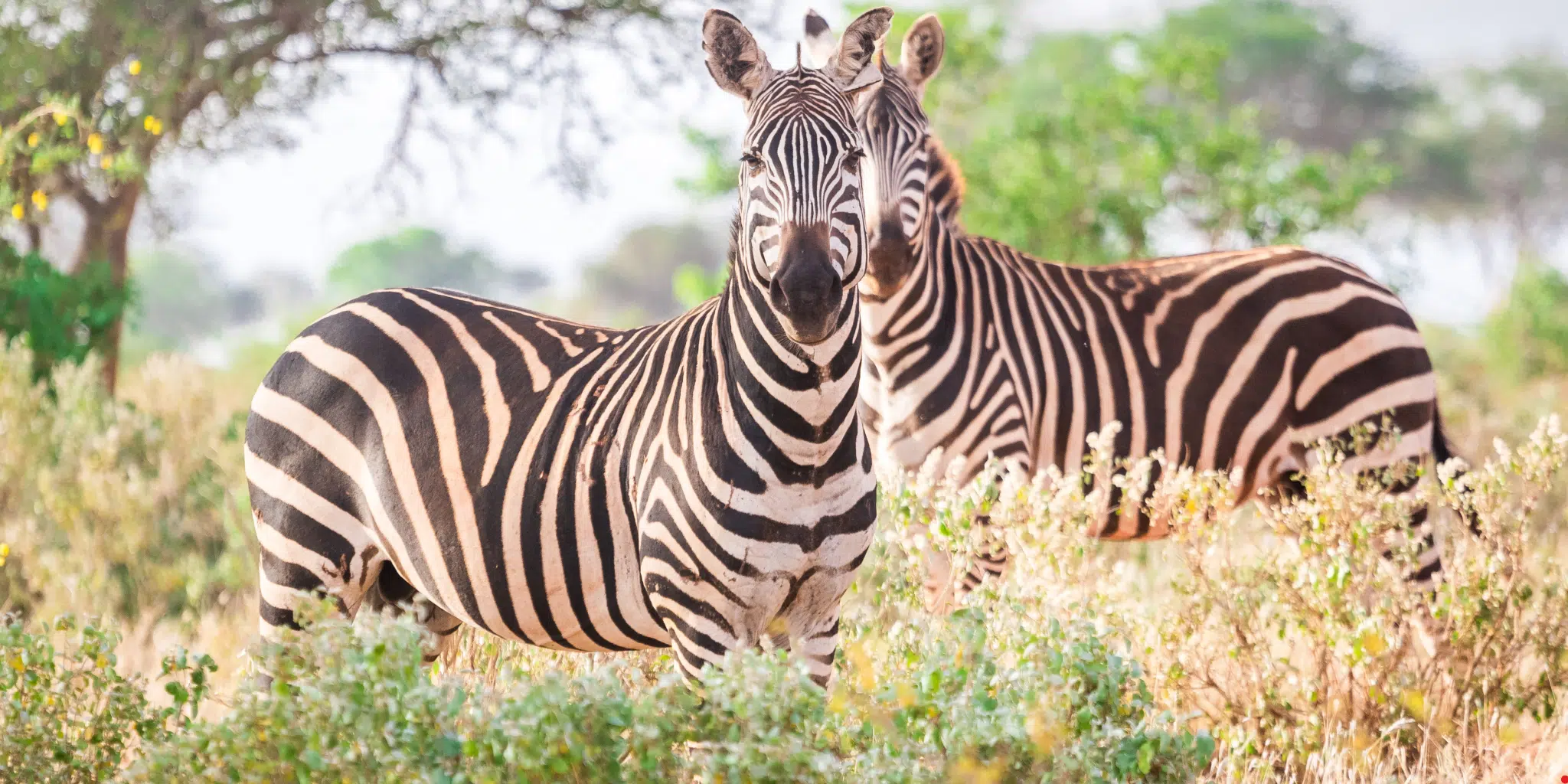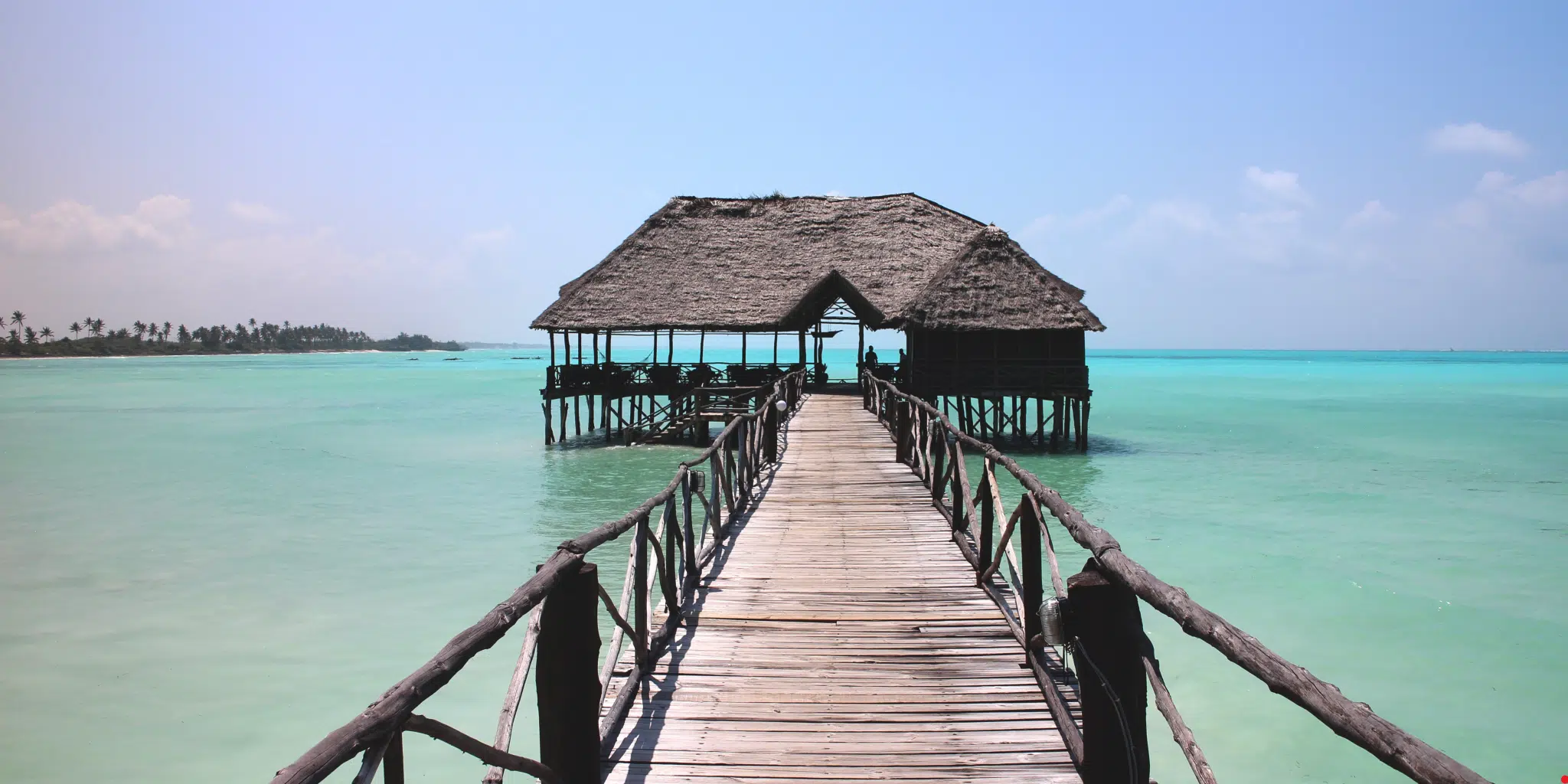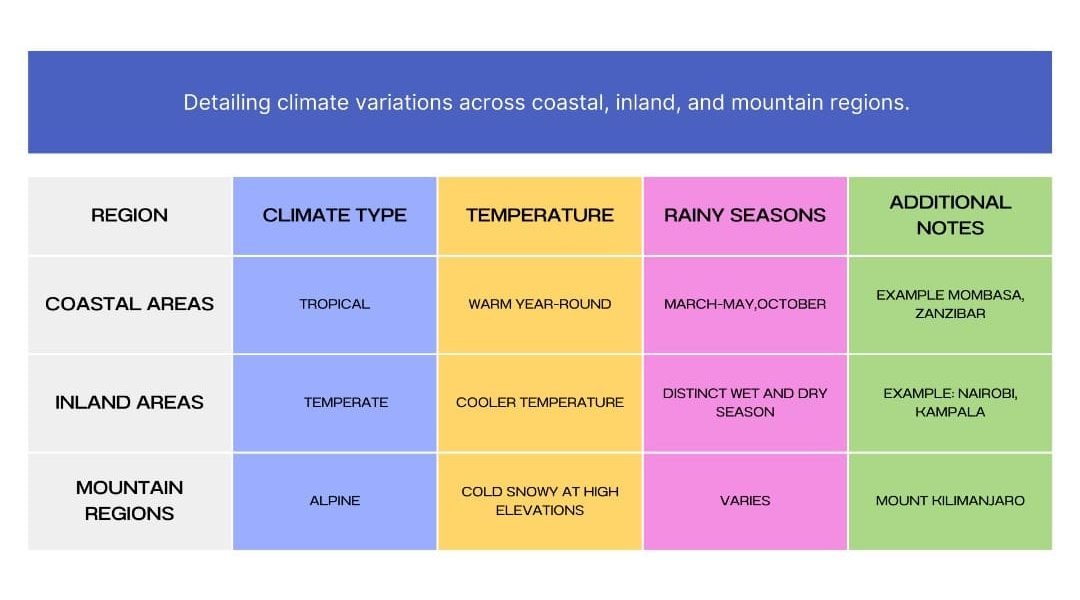Discovering Motherland Ghana: A Cultural Odyssey Brief About the Motherland: Ghana, affectionately known as the Motherland, beckons travelers to a profound cultural odyssey. Nestled along the Gulf of Guinea in West Africa, Ghana is a tapestry of history, resilience, and vibrancy. Also, beyond its scenic landscapes and diverse population of over 31 million people, Ghana’s […]




